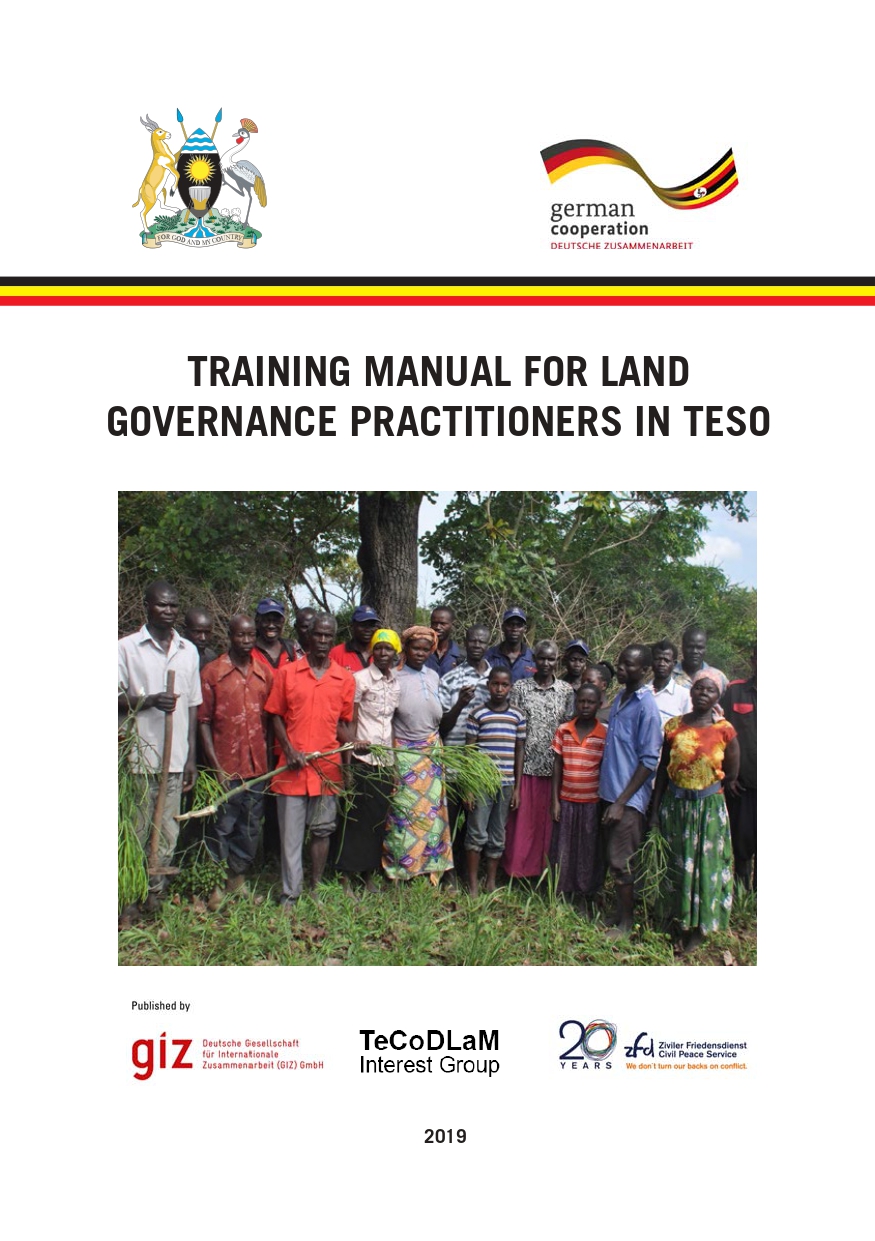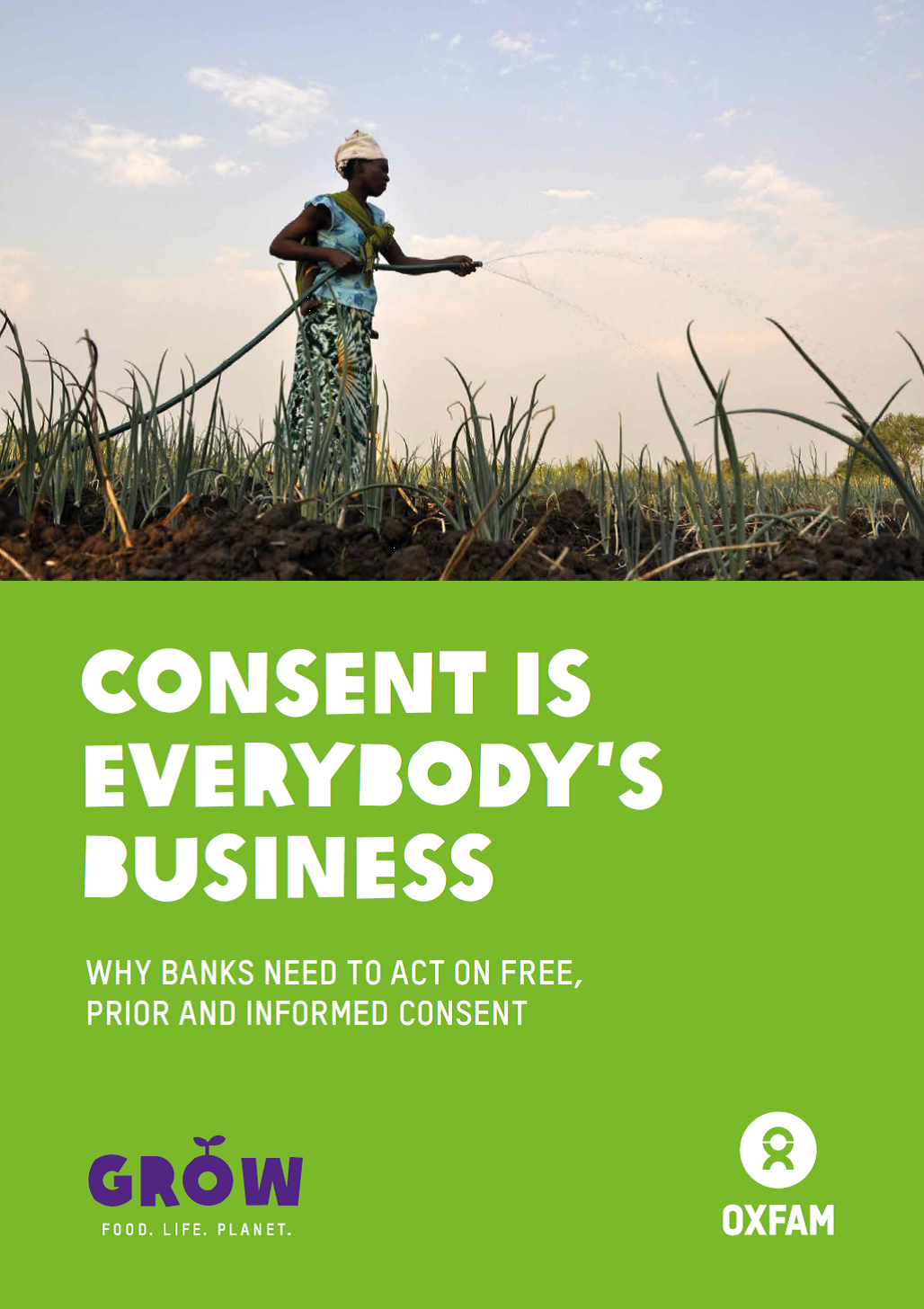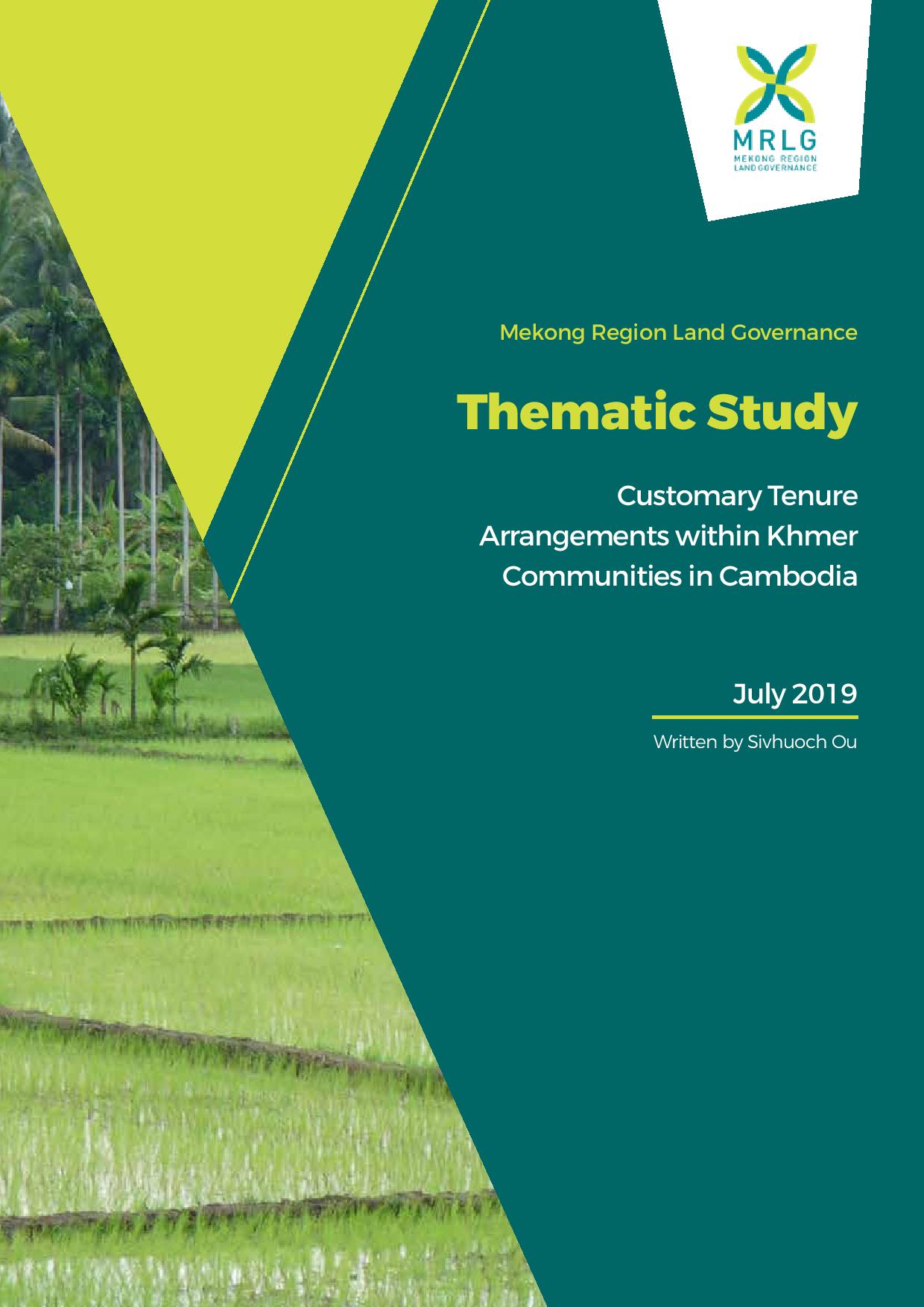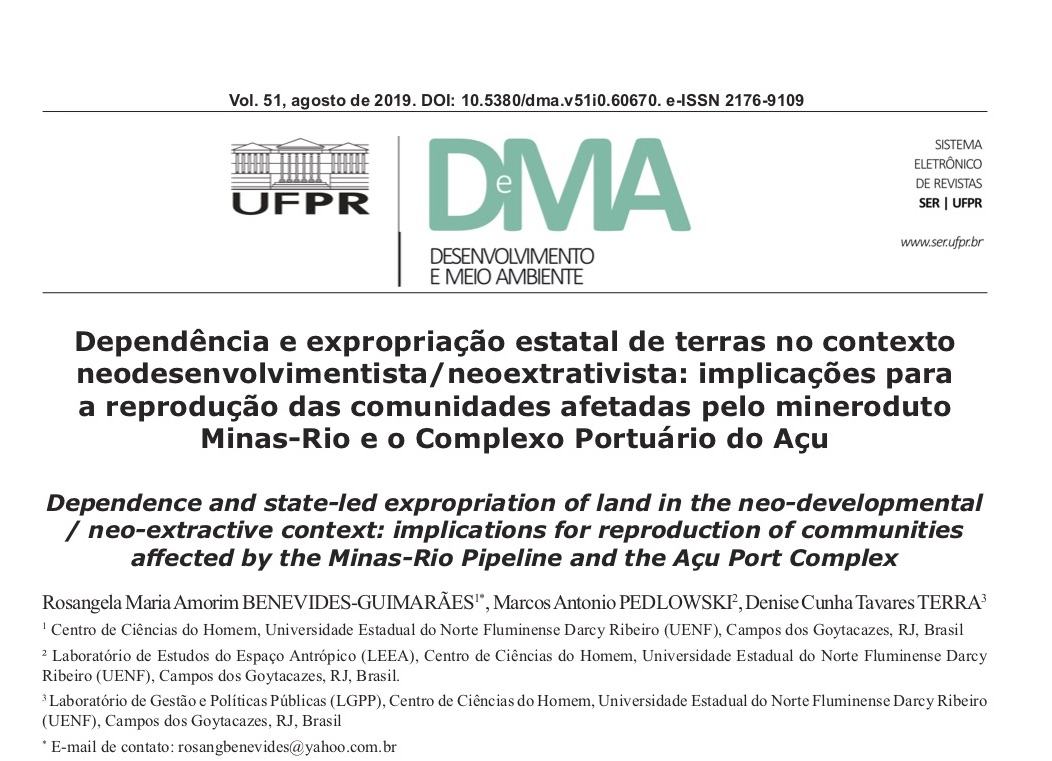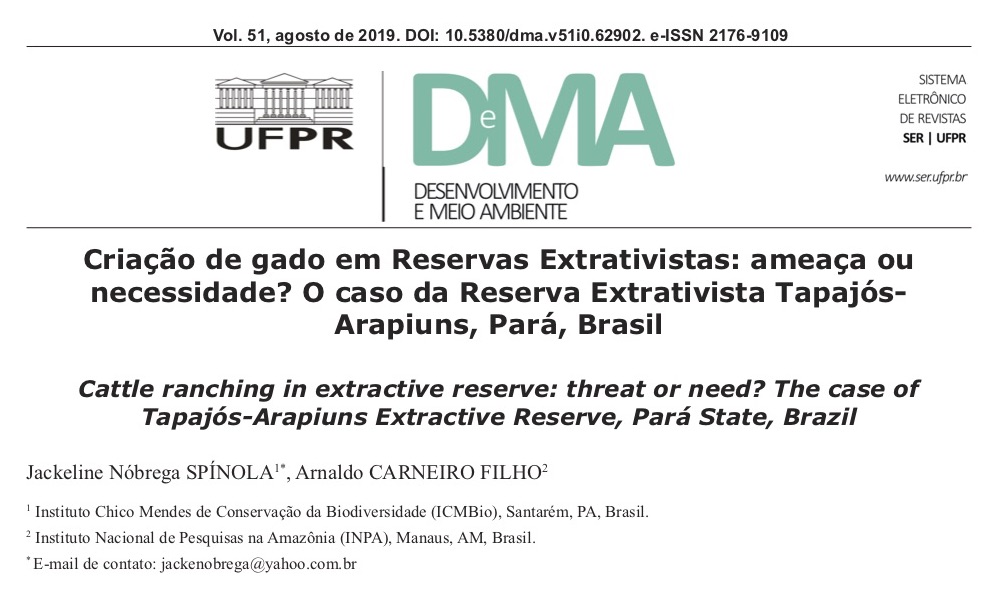Training manual for land governance practitioners in Teso Uganda
The need to strengthen the capacity of CSOs, DLOs, ICU and partners working on land governance in Teso has become obvious if harmonisation of the customary and formal land management systems is to be realised. This is expected to enable a coordinated and systematic approach with one voice.
Knowledge of policies on land governance not only improves the way issues pertaining to land rights are handled; but also minimises waste of time and money lost on land conflict.

